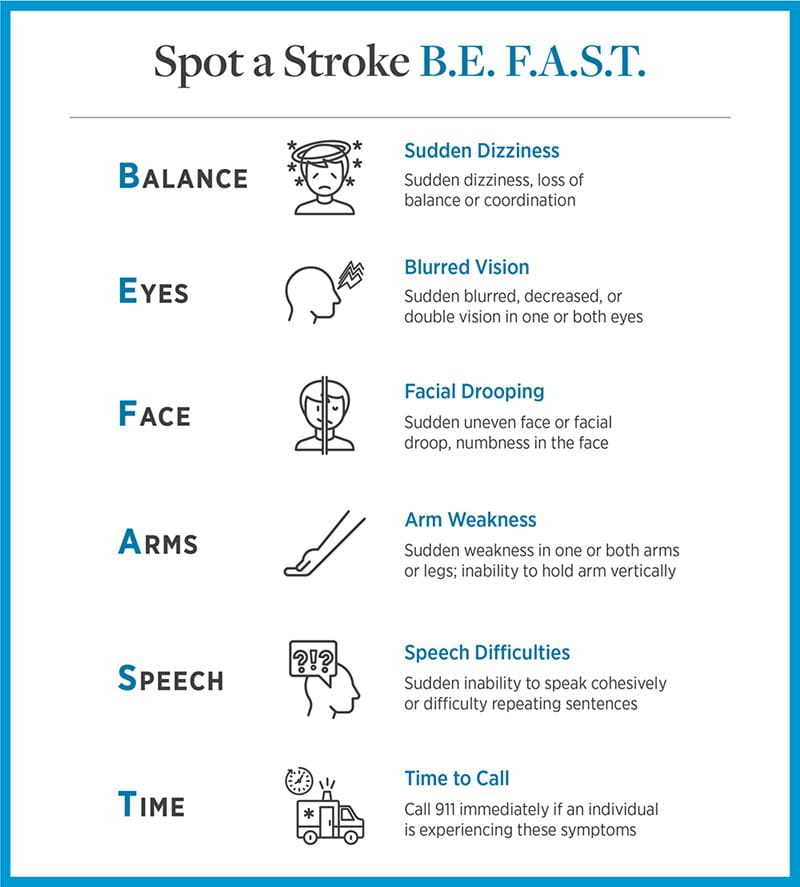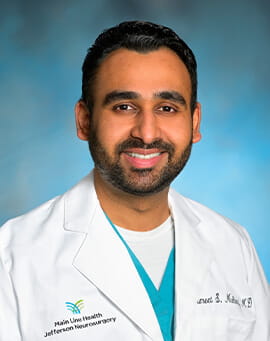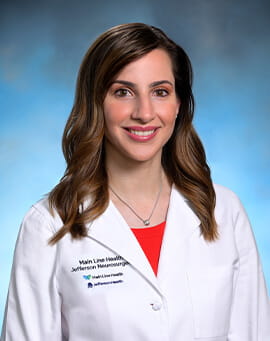Well Ahead Philly
World-class stroke care
Stroke is the fifth leading cause of death in the United States and the leading cause of disability. Nearly 800,000 Americans suffer a stroke each year. In our region, stroke is the third leading cause of mortality and the number one cause of serious, long-term disability.
Did you know these facts about strokes?
Knowing the signs of a stroke and what to do if you or a loved one experiences one can help prevent disability or death from a stroke. Here’s what to know:
A stroke can be caused by blockages and bleeding.
Most strokes (87%) are caused by a blockage—or clot—in a blood vessel in the brain, which blocks blood flow to the brain and deprives it of oxygen. Strokes can also be caused by bleeding in the brain caused by an aneurysm or other condition.
The signs and symptoms of a stroke include:
- Sudden dizziness
- Blurred vision
- Facial drooping
- Weakness on one side of the body
- Speech difficulties
While these are all signs of a stroke, women may also experience generalized weakness, fatigue, nausea and vomiting.
If someone is having a stroke, you should B.E. F.A.S.T.
Millions of brain cells are lost every minute during a stroke. It is critical to get advanced medical care as quickly as possible. Call 911 immediately.

Technology allows us to stop a stroke in progress.
Neurointerventionalists use advanced imaging and 3D technology to identify and stop a stroke in progress. Thrombectomy uses tiny catheters to deliver clot-dissolving medicine or to physically retrieve a clot, restoring blood flow to the brain and in many cases reversing stroke symptoms and reducing brain injury before it becomes permanent.
You can get advanced stroke care in Delaware or Chester counties.
Through a collaboration between Main Line Health and Jefferson Neurosurgery, state-of-the-art neurointervention care is available at Bryn Mawr Hospital and Paoli Hospital.
The Main Line Health neurointervention labs contain the most advanced imaging capabilities available to guide interventional procedures. The team can be mobilized in minutes, thanks to Viz.ai, which uses artificial intelligence to detect a clot and then immediately alerts the entire multidisciplinary team. Main Line Health-Jefferson Neurosurgery neurointerventionalists have advanced training and experience with this state-of-the-art technology.
Main Line Health treats more than 3,000 stroke patients each year at our four acute care hospitals—Lankenau Medical Center, Bryn Mawr Hospital, Paoli Hospital and Riddle Hospital. Bryn Mawr Hospital is Thrombectomy-Capable Stroke Center certified by The Joint Commission. Recently, Paoli Hospiital opened a neurointervention lab that provides the same level of care as Bryn Mawr Hospital. Across Main Line Health, the neurointervention team works together to ensure stroke patients receive timely and effective care.
Featured experts
Preethi Ramchand, MD
Neurosurgeon
Michelle J. Smith, MD, FAANS
Neurosurgeon
Thana N. Theofanis, MD
Neurosurgeon



